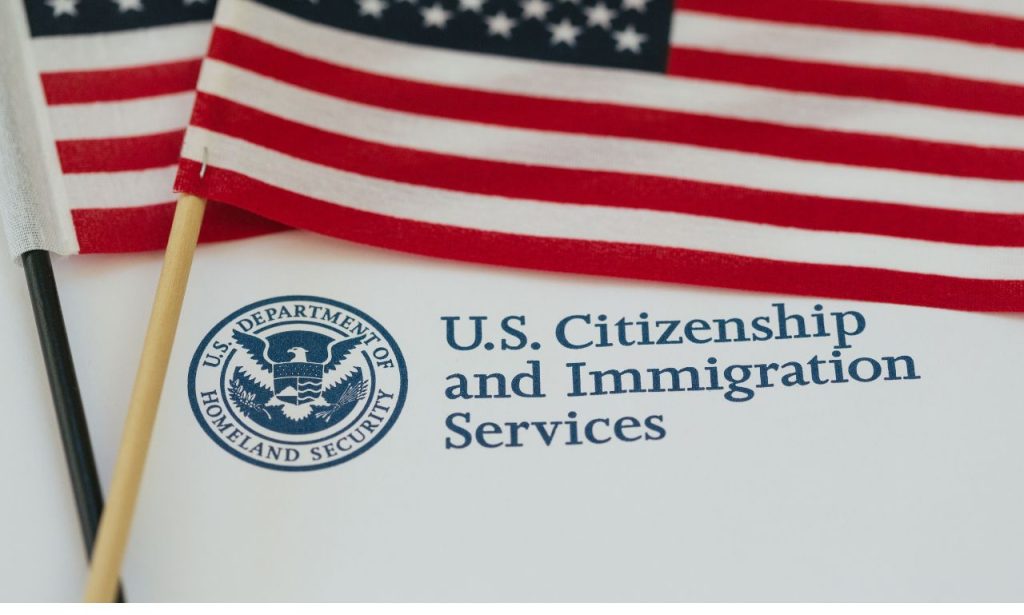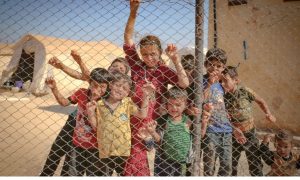Immigration is one of the most contentious issues worldwide today. When you hear the term border control, it’s often linked with heated conversations around security, sovereignty, and fairness. Yet beneath the headlines lies a deeper question: what are the ethics of immigration enforcement and border control?
This isn’t just an abstract debate for scholars. It’s about real families, struggling asylum seekers, and governments grappling with limited resources. Ethical discussions matter because immigration policies shape not only who is admitted but also how societies treat those who are already present. If you’ve ever wondered whether there’s a right way to enforce immigration rules, you’re not alone.
Borders aren’t just lines on a map. They serve as symbolic markers of national identity, cultural belonging, and political power. But they also separate people—sometimes dividing communities that existed long before those borders were drawn. Think about how the U.S.-Mexico border has historically cut through indigenous lands, disrupting centuries-old connections.
The moral terrain becomes complicated when states enforce control. On one hand, governments have the responsibility to protect their citizens and resources. On the other hand, people fleeing war or famine often view borders as barriers to their survival. The big question then becomes: how can enforcement respect human dignity while upholding national sovereignty?
Foundational Ethical Principles Guiding Immigration Policies

Philosophers and policymakers frequently draw on ethical frameworks when shaping immigration laws. Let’s look at three key principles that guide these discussions:
- Justice and Fairness: Immigration policies must avoid discrimination based on race, religion, or socioeconomic status. For instance, when specific visa categories prioritize wealthier applicant with higher incomes, critics argue that fairness is compromised.
- Human Rights: Every individual has the right to safety and freedom from persecution. The 1951 Refugee Convention codifies this principle, yet many governments today are accused of sidestepping their obligations.
- Utilitarian Considerations: Policymakers often ask, What will produce the greatest good for the greatest number? Countries may restrict migration to protect jobs, but economists like Giovanni Peri have demonstrated that immigration often enhances economic growth rather than threatening it.
These principles create a tug-of-war. Governments juggle moral responsibility with practical concerns, and the outcome often shapes public discourse.
The Ethical Landscape of Border Enforcement Practices
Border enforcement is more than fences and checkpoints. It’s about choices made daily by officers, policymakers, and institutions. For example, the use of “prevention through deterrence” at the U.S.-Mexico border intentionally pushes migrants into dangerous desert routes, increasing death tolls. Critics argue that this strategy contravenes the fundamental ethical principle of preserving human life.
Meanwhile, European countries continue to struggle with migration across the Mediterranean. Italian coast guards face the ethical dilemma of balancing maritime law, which obliges them to rescue those in distress, with domestic political pressures to deter arrivals. It’s a moral tightrope.
Use of Force and Surveillance
Force and surveillance are the most controversial aspects of border enforcement. Governments often argue that increased surveillance—drones, biometric databases, and AI-driven facial recognition—ensures safety. Yet privacy advocates warn of overreach. When every movement is tracked, are we sacrificing too much liberty in the name of security?
Take, for example, Hungary’s border fences reinforced with razor wire and military patrols. While effective at limiting unauthorized crossings, the images evoke stark reminders of division reminiscent of the Cold War. Ethical critics argue that such measures criminalize desperation rather than addressing the root causes, such as conflict and poverty.
Due Process and Legal Protections
A core ethical concern is whether migrants receive fair treatment during detention or processing. Due process should ensure individuals understand their rights, have access to legal representation, and are judged fairly.
In the U.S., immigration courts are overwhelmed, with backlogs exceeding 2 million cases as of 2024. Many asylum seekers face hearings without proper counsel, leading to deportations even when legitimate protection claims exist. Ethical enforcement must strike a balance between efficiency and fairness—cutting corners undermines justice.
Ethical Challenges in Detention and Deportation
Detention centers are at the heart of this debate. Reports of overcrowding, poor sanitation, and mental health crises raise alarm. For instance, Amnesty International has documented children being held in facilities lacking basic healthcare. The ethical challenge is clear: if a government detains someone, it has an obligation to ensure that they receive humane treatment.
Deportation adds another layer. While states claim the right to remove unauthorized migrants, deporting individuals to war-torn regions can amount to refoulement—sending people back to danger. That’s not just unethical; it’s illegal under international law.
The Intersection of Medical Ethics and Immigration Enforcement
Healthcare access at borders and detention centers often goes overlooked. Yet medical professionals frequently face ethical conflicts: should they prioritize government rules or patients’ well-being?
A real-world case involves U.S. detention centers where migrant women reported undergoing forced medical procedures without consent. This scandal sparked outrage, with medical associations condemning violations of both human rights and medical ethics. For doctors, the principle of “not harm” becomes almost impossible to uphold when institutional policies restrict their ability to provide care.
Ethical Obligations of Diverse Stakeholders
Ethics in immigration enforcement extends beyond governments. Multiple stakeholders are involved, each with distinct responsibilities:
- Border Agents: Must balance duty to enforce laws with respect for human dignity.
- Non-Governmental Organizations (NGOs): Provide food, shelter, and advocacy, often filling gaps left by governments.
- Citizens: Face the ethical choice of supporting inclusive policies or backing exclusionary rhetoric.
Consider the humanitarian networks along the U.S.-Mexico border. Volunteers leave water and supplies in desert areas to prevent migrant deaths. In some cases, these volunteers are criminally prosecuted for “aiding illegal migration.” Here, the line between moral duty and legal liability becomes blurred.
Towards an Ethical Framework for Future Immigration Policy
So, where do we go from here? Creating an ethical framework requires more than patchwork reforms. It means asking difficult questions: What values do we prioritize—security, compassion, or economic gain? Can these values coexist without contradiction?
A future-oriented ethical framework must combine respect for human rights with pragmatic enforcement. Transparency, accountability, and empathy should become the cornerstones of border policies. After all, societies are judged not only by who they let in but also by how they treat those who seek entry.
Developing Humane and Efficient Asylum and Immigration Processes
Efficiency doesn’t have to mean cruelty. Streamlined asylum systems with digital case management can reduce backlogs. Canada, for example, has invested in faster refugee determination systems while maintaining a reputation for humane treatment.
Ethical policymaking should avoid weaponizing bureaucracy. When delays stretch into years, families are left in limbo, unable to work or build lives. A balance between speed and thoroughness ensures both fairness and functionality.
Promoting Integration, Social Capital, and Economic Well-being
Integration is the long-term ethical dimension of immigration. Once people are admitted, how are they treated? Do they have equal access to education, healthcare, and jobs? Research indicates that well-integrated migrants make substantial contributions to social capital and economic growth.
Take Germany’s approach to integrating Syrian refugees. By investing in language programs and vocational training, Germany not only upheld ethical responsibility but also strengthened its labor market. That’s a win-win scenario many countries could learn from.
Global and Comparative Ethical Perspectives

Immigration is a global challenge, and ethics vary by cultural context. In Japan, restrictive policies reflect an emphasis on cultural homogeneity, while Canada’s point-based system underscores fairness and transparency. The European Union wrestles with burden-sharing, with Mediterranean nations demanding more support from northern states.
Ethical perspectives also shift in relation to historical memory. For example, countries that experienced colonialism often view restrictive immigration policies as hypocritical, given their past of exploiting labor and resources abroad.
Conclusion
The ethics of immigration enforcement and border control aren’t black and white. They sit in the gray area where law, morality, and practicality intersect. Governments must protect citizens, but they also bear the responsibility to uphold human dignity. The challenge lies in striking that balance without leaning into extremes of cruelty or unchecked openness.
So next time you hear debates on immigration, ask yourself: are the policies being proposed just legal, or are they also ethical? That distinction matters more than we often admit.
FAQs
Because it pits sovereignty and resource control against compassion, fairness, and international legal obligations.
Reports of overcrowding, poor healthcare, and child detention highlight violations of fundamental human rights.
Yes, if they maintain fairness, transparency, and respect for human rights while ensuring border integrity.
Some countries prioritize cultural identity, while others emphasize inclusivity, fairness, and economic benefit.




